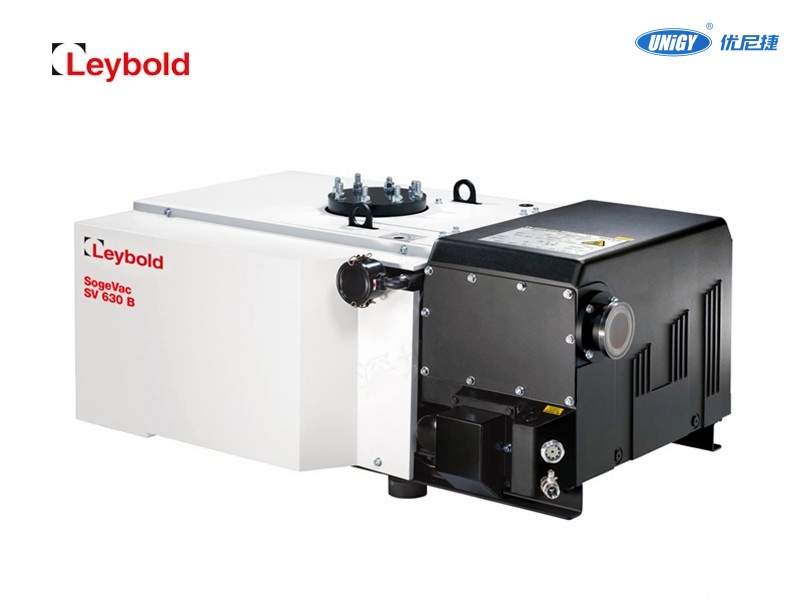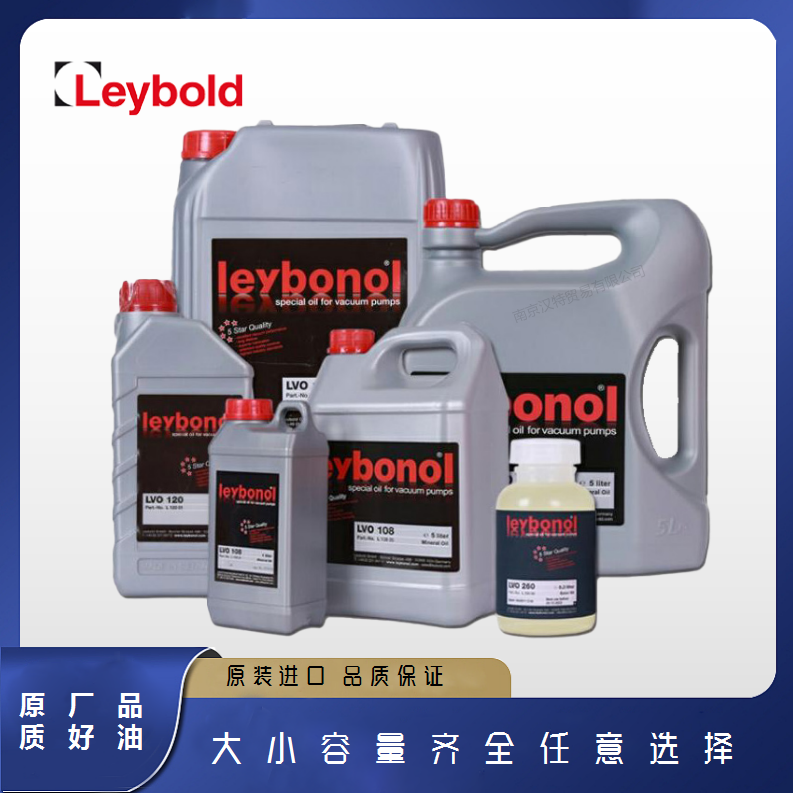The reason for oil leakage caused by Leybold vacuum pump oil seal
- 1. Poor Sealing: The use of aged or worn O-rings and other seals, or failure to achieve the expected level of tightness during installation can all lead to oil leakage from the seals.
-
2. Overfilled Oil Level: If the oil level in the vacuum pump is set too high, it may overflow from the bearing cover holes at both ends the bearing housing, subsequently seeping into the interior of the vacuum pump and affecting its performance.
-
3. Component Damage: Certain components of the vacuum pump, such as bearings, oil seals, rotors, and end covers, if damaged or severely, may also lead to oil leakage. For instance, bearing damage may cause oil to seep out from the bearing position; the hardening of oil seals may in seal failure, thereby causing oil leakage.

-
4. Oil Issues: If the oil used in the vacuum pump is too thin, it may easily seep out through the seals; if it is thick, it may not flow to the lubrication points, causing friction and wear. Additionally, contaminants or moisture in the oil may cause the seals to swell,, or deform, leading to oil leaks.
-
5. Improper operating conditions: If the vacuum pump is subjected to excessive vibration, high temperatures, or pressure fluctuations during operation, it may also to oil leakage in the pump. For example, vibration can cause the seals to loosen or damage; high temperatures can cause the oil to deteriorate or the seals age.
-
6. Assembly Issues: During the assembly of the vacuum pump, if the oil seal is deformed due to pressing or if there are scratches on the lip assembly, these issues may also lead to oil leakage.

- We can provide customers with oil-free gas boosters, medium and high pressure air compressors, SF6 recovery compressors, Dry screw vacuum pump. We not only provide customers with oil-free compressors, but also provide customers with complete gas system solutions.

